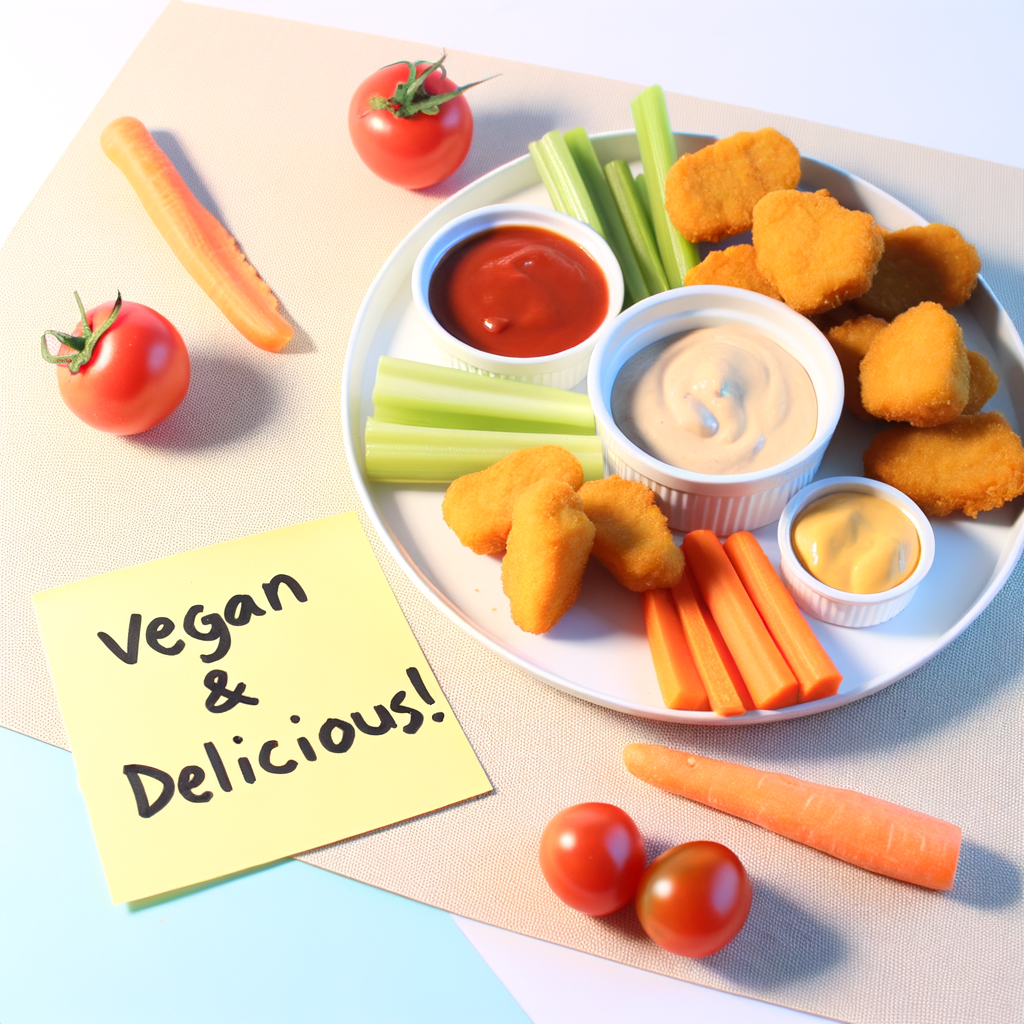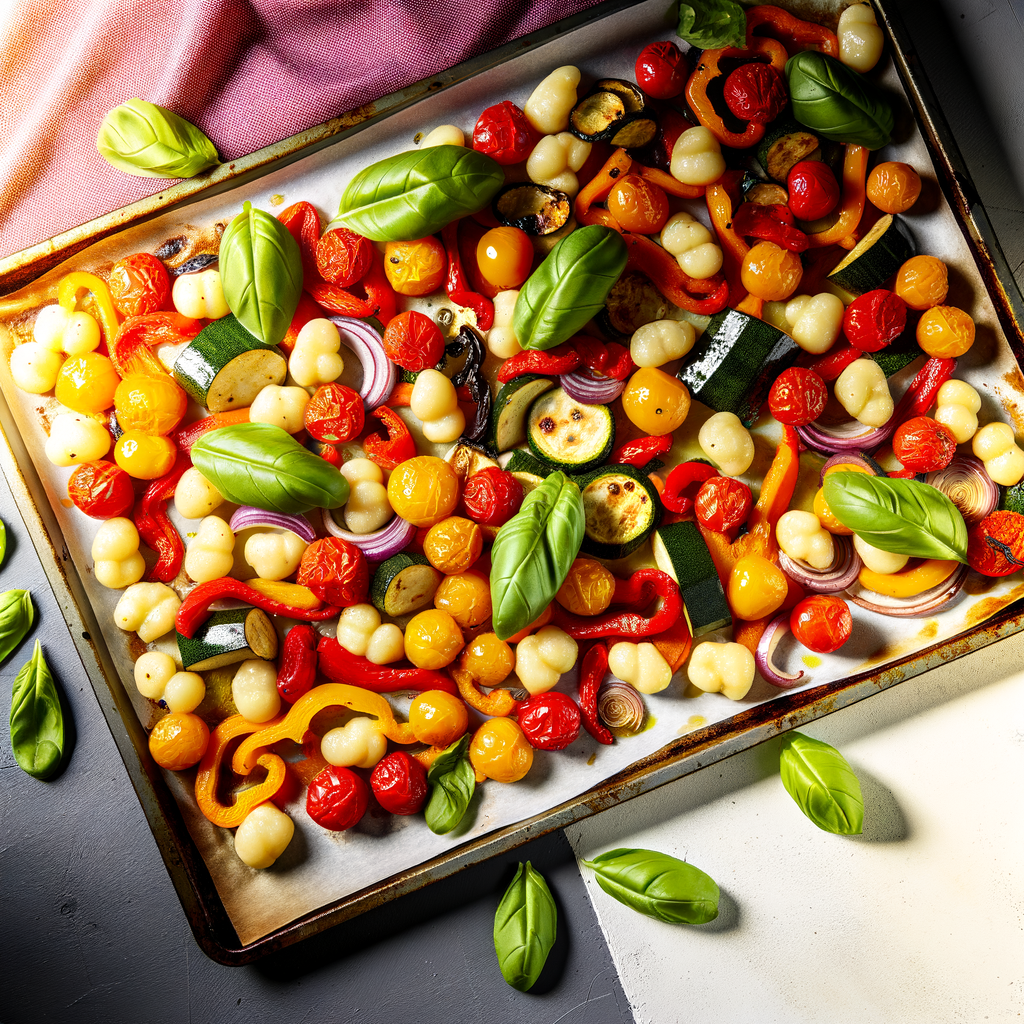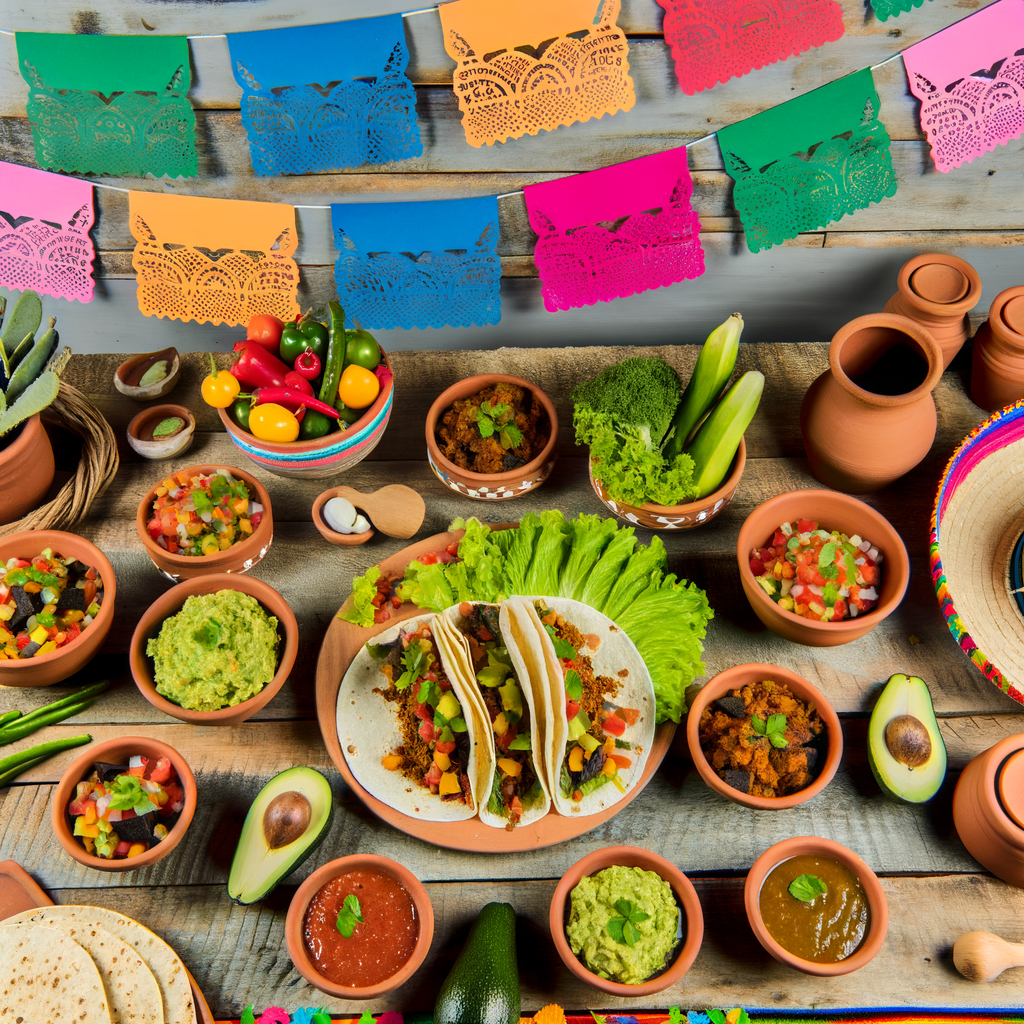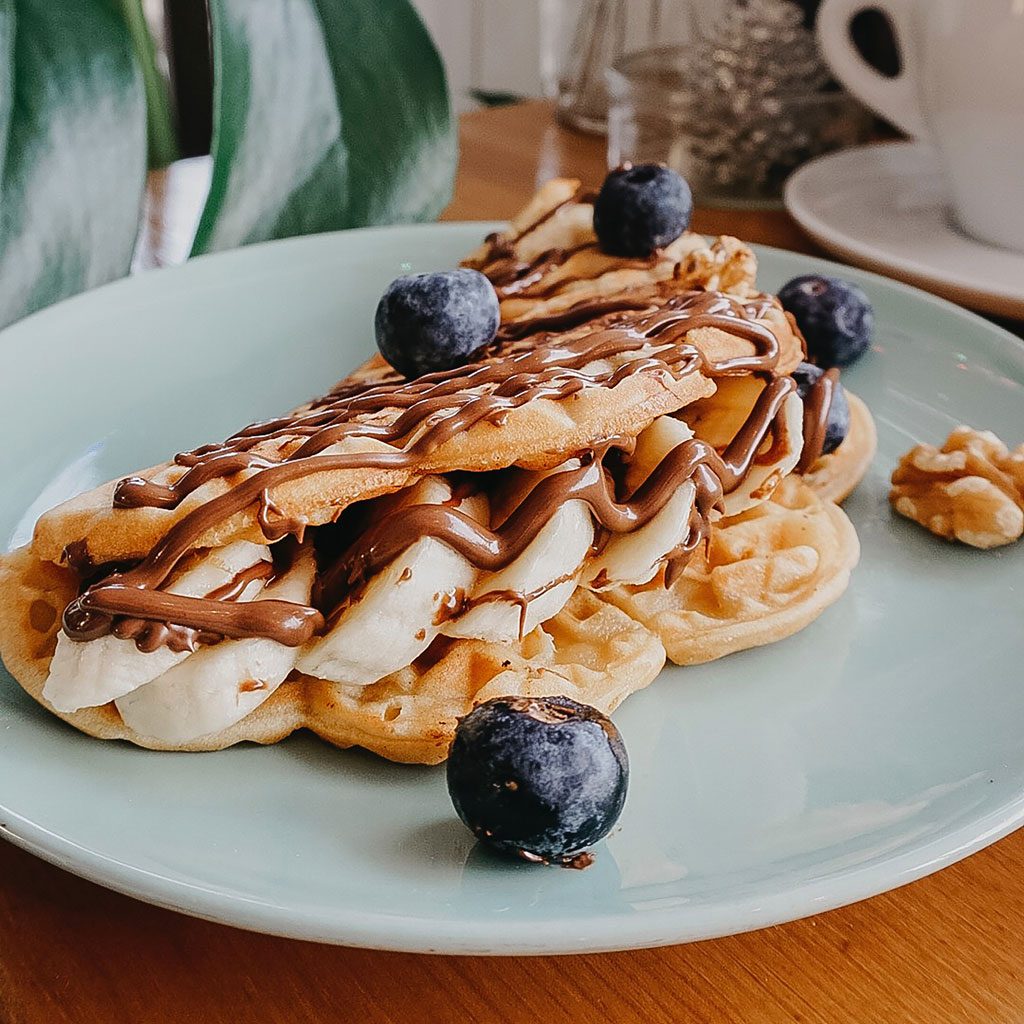Semi-Vegan Diet: How It Helps Women Over 50 Lose Weight
Aging brings its own set of challenges, but weight loss shouldn’t be one of them. For women over the age of 50, the semi-vegan diet has been gaining popularity as a sustainable and effective approach to shedding those extra pounds. Here’s an in-depth look at how this diet works and why it may be the perfect fit for women in this age group.
Understanding the Semi-Vegan Diet
The semi-vegan diet, sometimes referred to as a flexitarian diet, is a plant-based eating plan that allows for occasional consumption of animal products. Unlike a fully vegan diet, this approach offers more flexibility and is easier to maintain over the long term. The focus is primarily on plant foods like fruits, vegetables, legumes, nuts, and grains, while limiting meat, dairy, and other animal-derived products.
Key Benefits of the Semi-Vegan Diet for Women Over 50
Switching to a semi-vegan diet can offer numerous advantages, especially for women over 50.
Improved Metabolism and Weight Loss
Metabolism naturally slows down with age, making weight loss more challenging. A semi-vegan diet can help boost metabolism through:
- High Fiber Content: Plant-based foods are rich in dietary fiber, which aids in digestion and keeps you feeling full longer.
- Lower Calorie Intake: Plant foods tend to be lower in calories compared to animal products, making it easier to create a calorie deficit.
- Reduced Saturated Fats: Minimizing intake of saturated fats from meat and dairy contributes to overall calorie reduction and weight loss.
Improved Heart Health
Heart health becomes increasingly important as you age. A semi-vegan diet can contribute to a healthier heart through:
- Lower Cholesterol Levels: Plant-based diets have been shown to reduce LDL cholesterol, which is beneficial for heart health.
- Lower Blood Pressure: Consuming more fruits and vegetables can help in lowering blood pressure levels.
- Antioxidants and Nutrients: Plant foods are packed with antioxidants and essential nutrients that promote overall cardiovascular health.
Better Bone Health
Bone density decreases with age, increasing the risk of fractures and osteoporosis. The semi-vegan diet can help maintain bone health by:
- Calcium-Rich Plant Foods: Foods like leafy greens, almonds, and fortified plant-based milks are excellent sources of calcium.
- Vitamin D Sources: While meat and dairy are common sources of Vitamin D, fortified plant-based options are also available to support bone health.
- Magnesium and Potassium: These minerals, found in abundance in plant foods, are crucial for bone density and strength.
Making the Transition
Switching to a semi-vegan diet doesn’t have to be a daunting task. Here’s how you can make the shift smoothly:
Start Small
Begin by incorporating more plant-based meals into your diet. You don’t have to eliminate animal products overnight. Start with:
- Meatless Mondays: Dedicate one day a week to entirely plant-based meals.
- Plant-Based Swaps: Replace meat in your favorite dishes with plant-based alternatives like tofu, tempeh, or legumes.
Focus on Whole Foods
Choose whole, unprocessed foods to maximize nutrient intake and avoid the added sugars and unhealthy fats found in many processed items.
Plan Your Meals
Having a meal plan can make it easier to make the right choices. Prepare a weekly menu that includes a variety of plant-based recipes to keep your diet interesting and nutritious.
Supplement Wisely
While the semi-vegan diet covers most nutritional needs, you might still need supplements for nutrients like Vitamin B12, Omega-3 fatty acids, and Vitamin D. Consult a healthcare provider to determine your specific needs.
Common Concerns
Transitioning to a semi-vegan diet raises a few common questions, especially for women over 50. Here are some answers to alleviate your concerns:
Will I Get Enough Protein?
Yes, plant-based diets can provide ample protein. Sources include:
- Legumes: Beans, lentils, and chickpeas are not only high in protein but also rich in fiber.
- Nuts and Seeds: Almonds, hemp seeds, and chia seeds are excellent protein sources.
- Whole Grains: Quinoa, farro, and barley add protein to your meals.
What About Iron and Vitamin B12?
Though these nutrients are primarily found in animal products, they can also be obtained through:
- Iron: Spinach, fortified cereals, and legumes are rich in iron. Pair them with Vitamin C-rich foods to enhance absorption.
- Vitamin B12: Fortified plant-based milks, nutritional yeast, and supplements can help you meet your B12 requirements.
Can It Be Socially Restrictive?
While any dietary change can pose social challenges, the semi-vegan diet’s flexibility makes it easier to manage. You can still enjoy social gatherings and meals with family, making mindful yet moderate choices.
Conclusion
The semi-vegan diet offers a balanced, sustainable, and highly beneficial approach to weight loss for women over 50. By emphasizing whole, plant-based foods while allowing for occasional animal products, this diet makes it easier to achieve long-term success. Whether you’re looking to boost your metabolism, improve heart health, or maintain strong bones, the semi-vegan diet has much to offer. Start today and take your first step towards a healthier, more vibrant life.











